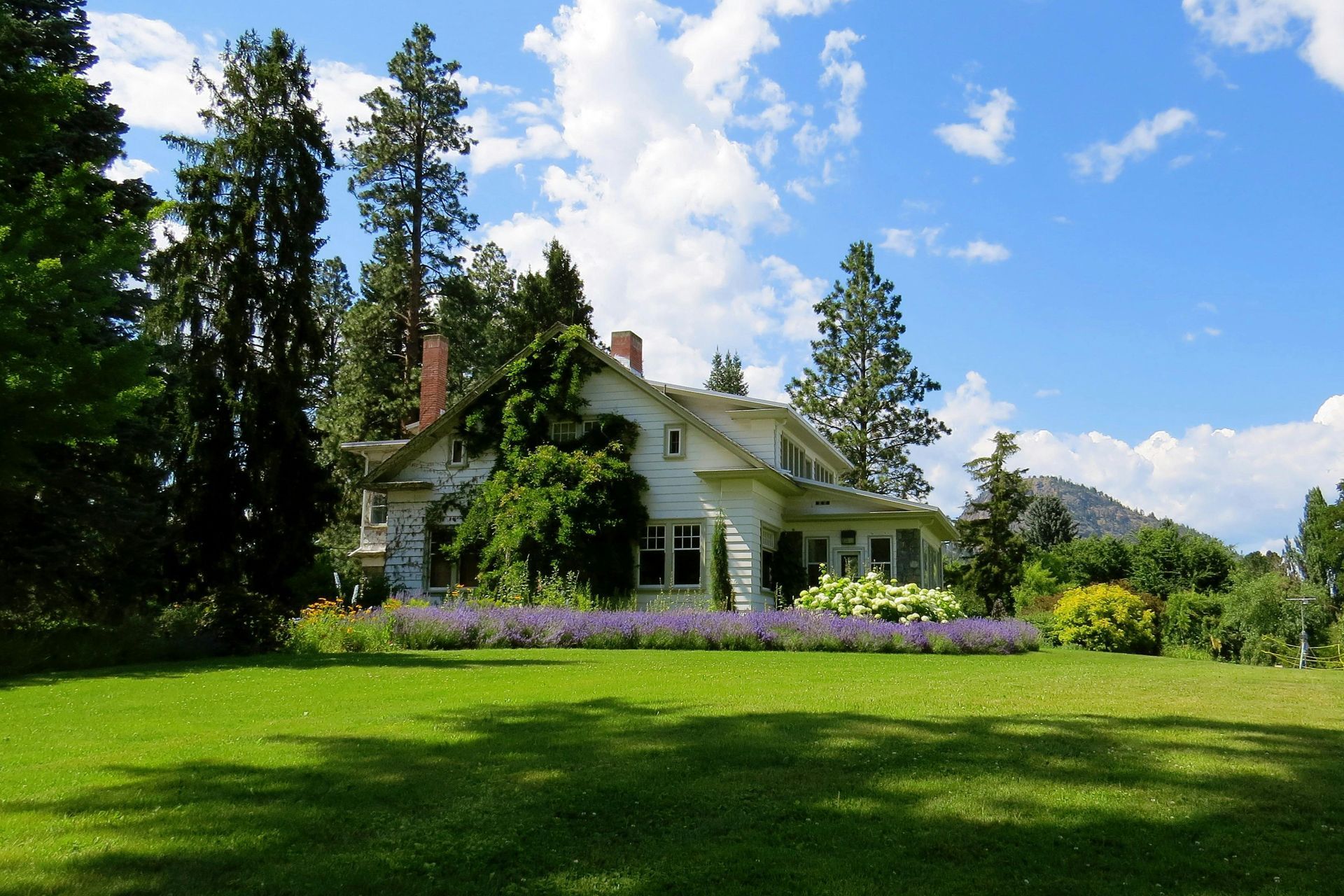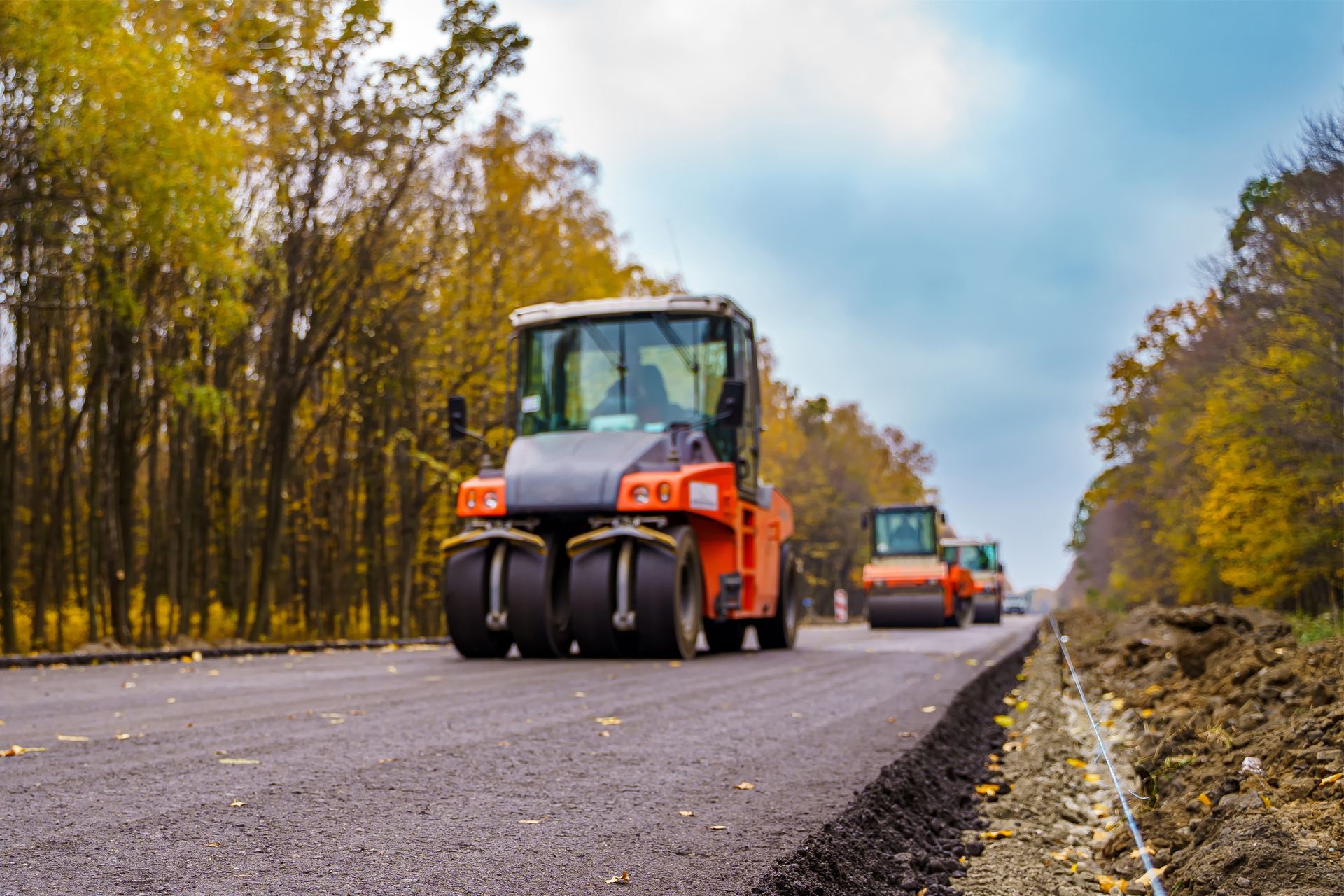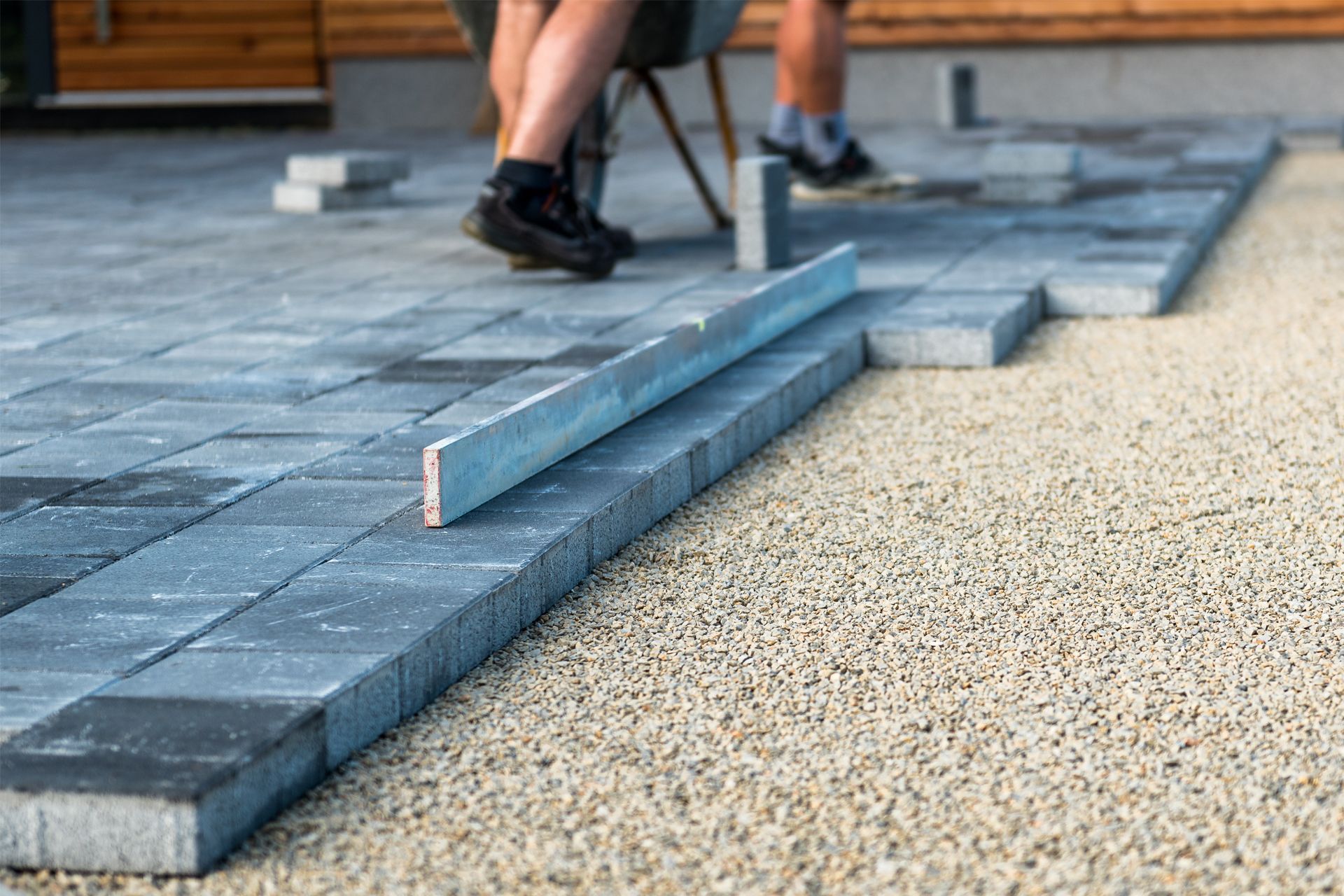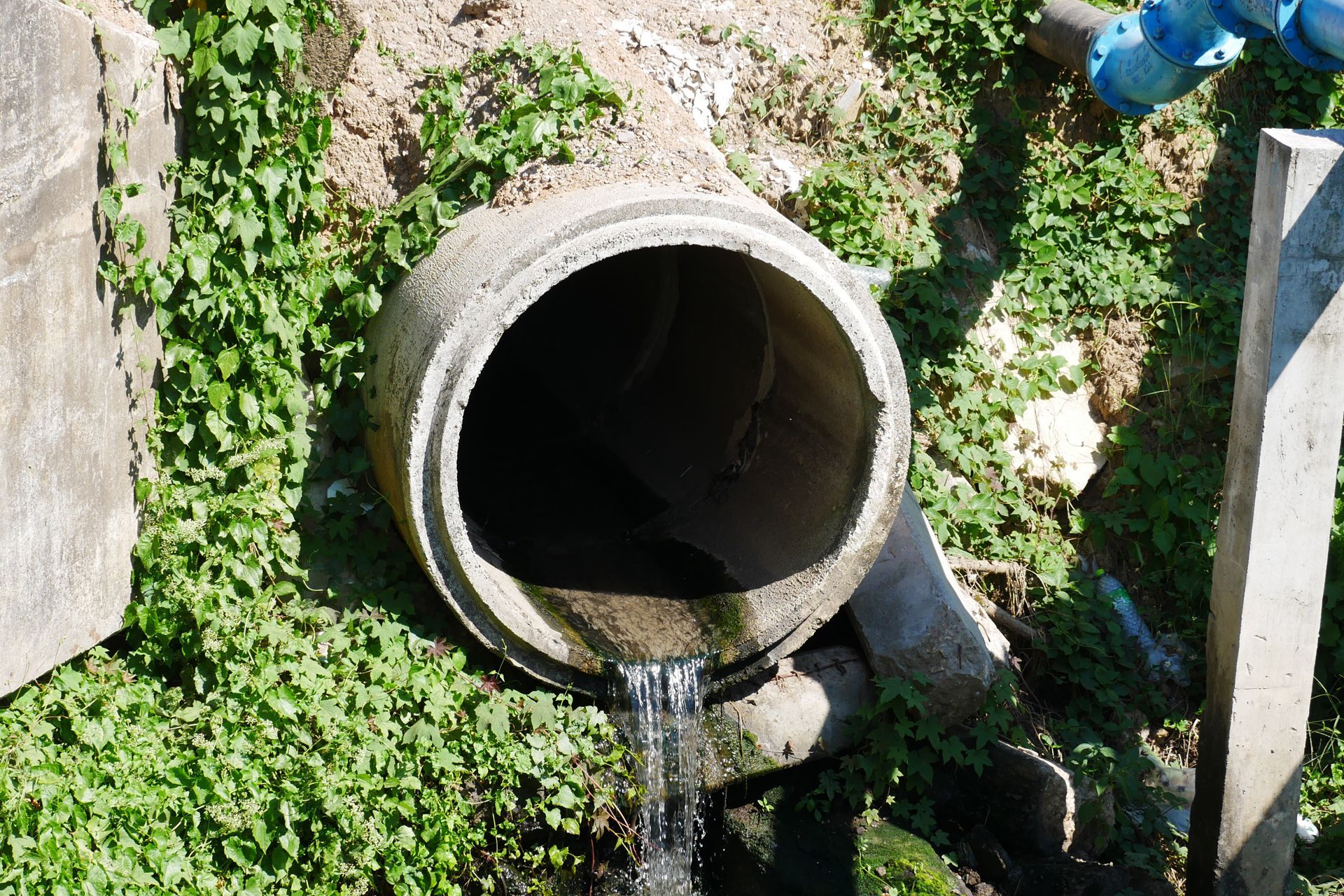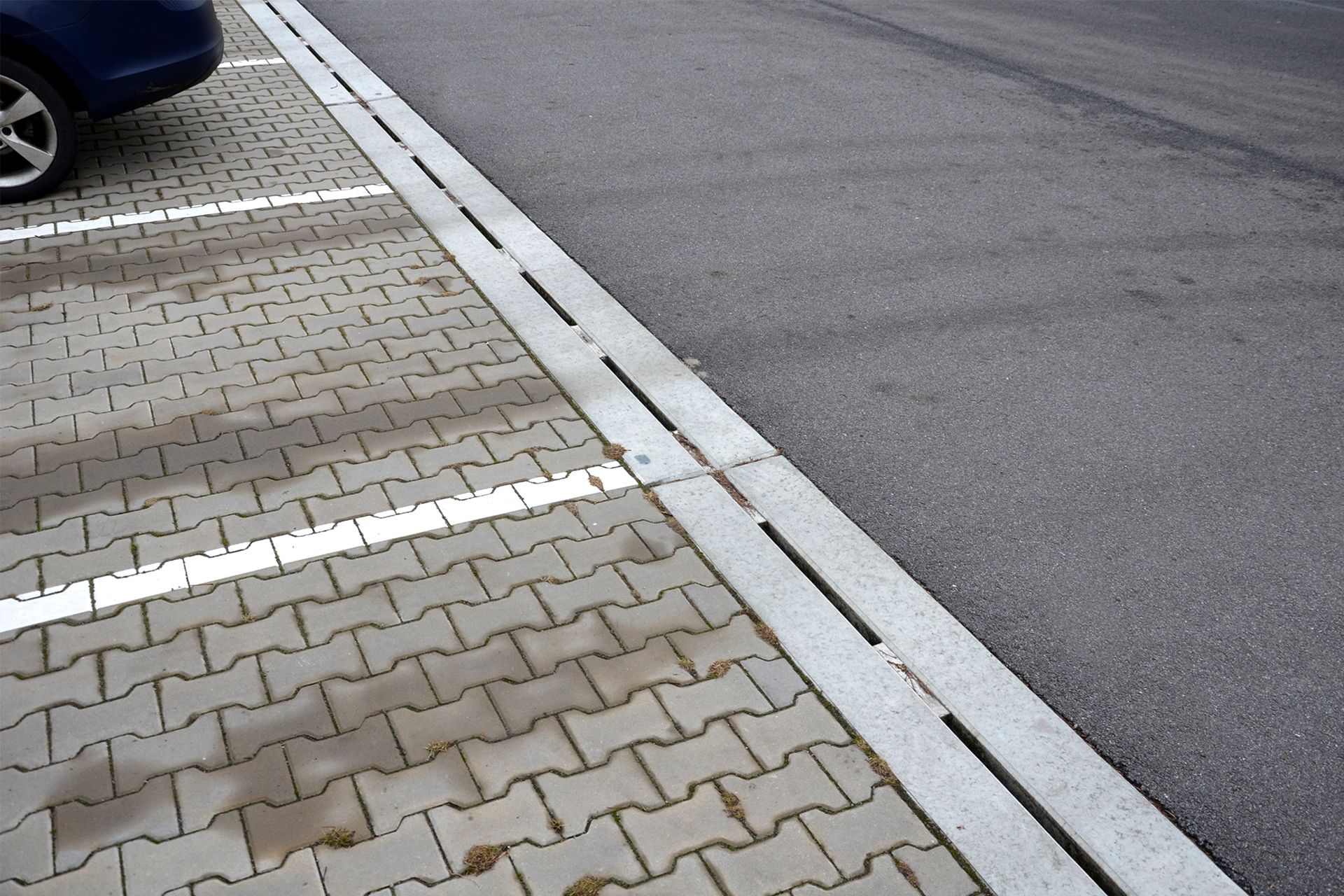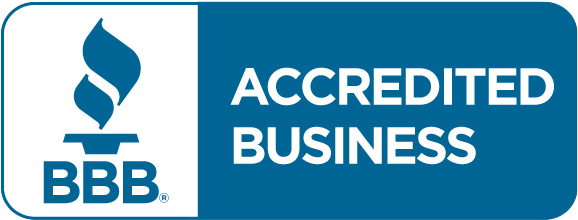Asphalt vs. Concrete: Selecting the Right Pavement for Your Driveway
Choosing the right pavement for your driveway is a crucial decision that can impact the look, durability, and maintenance needs of your home. As experts at Eagle Paving and Construction in Beaverton, OR, we understand the importance of making an informed choice. In this blog post, we will explore the differences between asphalt and concrete driveways to help you decide which material is best for your needs.
1. Durability and Longevity
- Asphalt Driveways: Asphalt is known for its flexibility and ability to withstand various weather conditions, making it a popular choice for driveways in Beaverton. This material can expand and contract with temperature changes, reducing the likelihood of cracks. An asphalt driveway, when properly maintained, can last around 20 years. However, its lifespan can be affected by the frequency of maintenance and the quality of the initial installation.
- Concrete Driveways: Concrete, on the other hand, is renowned for its strength and durability. A well-installed concrete driveway can last 30-40 years or even longer with proper care. Concrete is less prone to deformation under heavy loads compared to asphalt, making it an ideal choice for driveways with heavy vehicle traffic. However, concrete is more susceptible to cracking due to its rigidity and can be affected by freeze-thaw cycles.
2. Cost Considerations
- Asphalt Costs: When it comes to driveway installation, asphalt usually comes in at a lower price point than concrete. The initial cost for asphalt is lower, making it a budget-friendly option. However, it's essential to factor in the long-term maintenance costs. Asphalt driveways require sealing every 3-5 years to maintain their appearance and functionality, which adds to the overall expense over time.
- Concrete Costs: While concrete driveways have a higher upfront cost, they often require less maintenance compared to asphalt. The need for occasional sealing and crack repair is less frequent, potentially offsetting the higher initial investment. Additionally, the longevity of concrete can make it a more cost-effective option in the long run, especially for homeowners planning to stay in their property for many years.
3. Maintenance Requirements
- Asphalt Maintenance: Asphalt driveways require regular maintenance to extend their lifespan. This includes periodic sealing to protect against water penetration, UV rays, and oil stains. Small cracks and holes should be promptly repaired to prevent them from expanding into more significant issues. Despite these maintenance needs, many homeowners find asphalt’s ability to be easily resurfaced a significant advantage.
- Concrete Maintenance: Concrete driveways are relatively low-maintenance compared to asphalt. Regular cleaning and the application of a sealant every few years can keep the driveway looking new and protect it from stains and damage. Although concrete is more durable, any repairs needed can be more challenging and expensive compared to asphalt. Additionally, concrete driveways can benefit from periodic power washing to maintain their appearance.
4. Aesthetic Appeal
- Asphalt Appearance: Asphalt driveways offer a classic, smooth, black finish that complements many home styles. Over time, however, asphalt can fade and develop a grayish hue if not properly maintained. Some homeowners appreciate the clean, uniform look of asphalt and its ability to blend seamlessly with the road.
- Concrete Appearance: Concrete driveways provide a variety of aesthetic options. They can be colored, stamped, or textured to mimic the appearance of stone, brick, or other materials. This versatility allows homeowners to customize their driveway to match their home's design and personal style. Concrete’s lighter color can also help to reduce heat absorption, keeping the driveway cooler in hot weather.
5. Environmental Impact
- Asphalt’s Environmental Footprint: Asphalt is a petroleum-based product, which raises concerns about its environmental impact. The production process generates greenhouse gases, and the material is not biodegradable. However, asphalt is 100% recyclable, and using recycled asphalt can reduce its overall environmental footprint. Properly managed, asphalt driveways can be an eco-friendly option.
- Concrete’s Environmental Footprint: Concrete production involves significant energy consumption and carbon dioxide emissions due to the cement manufacturing process. However, concrete driveways have a longer lifespan, which can mitigate some of the environmental impact over time. Additionally, concrete's ability to be recycled and used in new construction projects adds to its sustainability credentials.
Making Your Decision
Choosing between asphalt and concrete for your driveway depends on your specific needs, budget, and personal preferences. Asphalt is an excellent choice for those seeking a cost-effective, flexible, and easy-to-maintain option. In contrast, concrete offers superior durability, a wide range of design possibilities, and potentially lower long-term maintenance costs.
Contact Eagle Paving and Construction
Are you ready to enhance your home's curb appeal with a new driveway? Eagle Paving and Construction is here to help! With our extensive experience and dedication to quality, we ensure that your driveway will not only look fantastic but also stand the test of time. Give us a call at (503) 519-7681. Let us help you create the perfect driveway that meets your needs and exceeds your expectations.
Read more about our asphalt and concrete work. We also offer landscaping, seal coating and resealing, and retaining walls.
Frequently Asked Questions
How long does it take to install a new driveway?
The installation time for a new driveway varies depending on the material and the project's scope. Generally, asphalt driveways can be installed in 1-2 days, with an additional 2-3 days for curing. Concrete driveways take longer, usually around 3-5 days for installation and up to a week for curing.
What is the best time of year to install a driveway?
The best time to install a driveway is during the warmer months when temperatures are consistently above 50 degrees Fahrenheit. For asphalt, late spring to early fall is ideal. Concrete can also be installed during these months, but it is essential to avoid extreme heat and cold to ensure proper curing.
How often should I seal my driveway?
For asphalt driveways, sealing should be done every 3-5 years to protect against weathering and damage. Concrete driveways do not require sealing as frequently; a sealant application every 5-10 years is usually sufficient to maintain their appearance and durability.
Can I install a new driveway over my old one?
In some cases, it is possible to install a new driveway over an existing one, known as an overlay. This option can save time and money but is dependent on the condition of the existing driveway. It is best to consult with a professional to determine if an overlay is suitable for your situation.
What are the main causes of driveway damage?
Driveway damage can result from various factors, including weather conditions, heavy vehicle traffic, poor installation, and lack of maintenance. Water infiltration, freeze-thaw cycles, and UV exposure can also contribute to cracks and deterioration. Regular maintenance and timely repairs can help prevent significant damage and prolong the life of your driveway.
